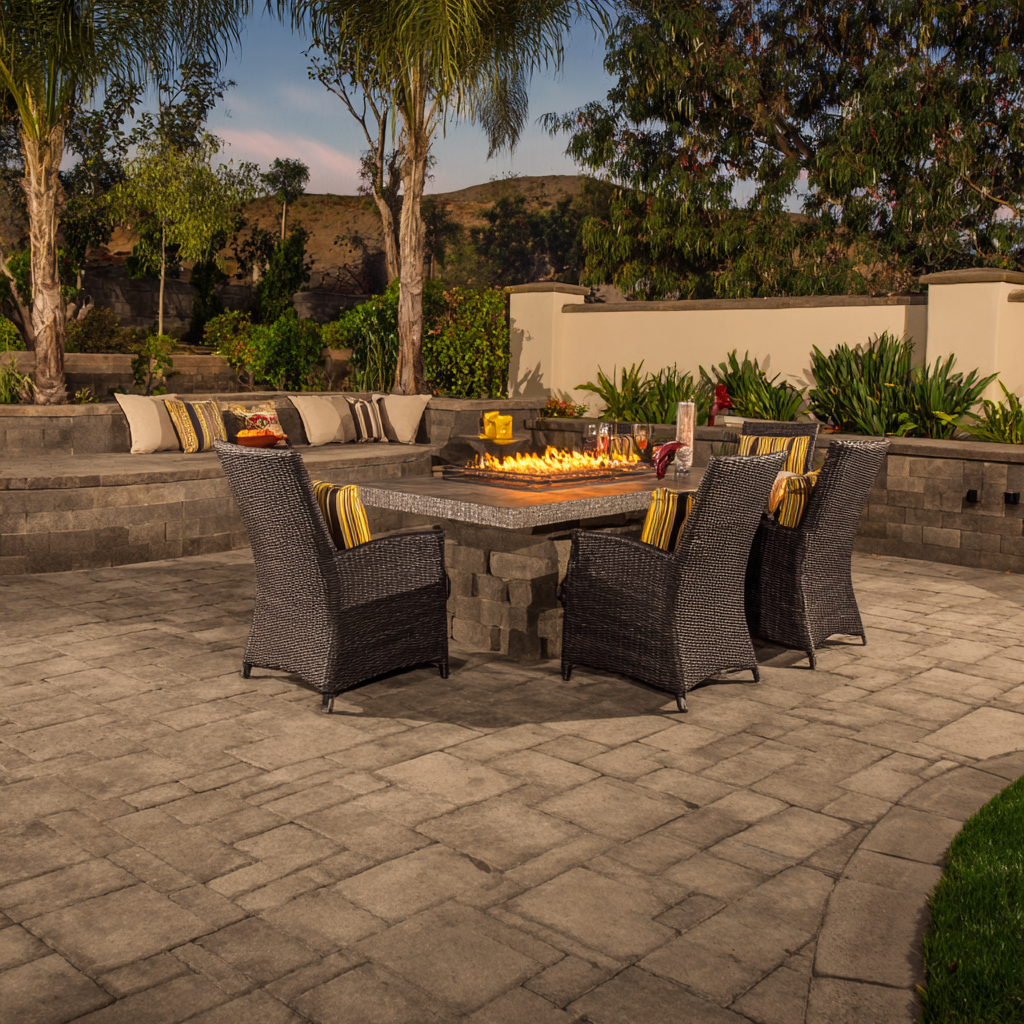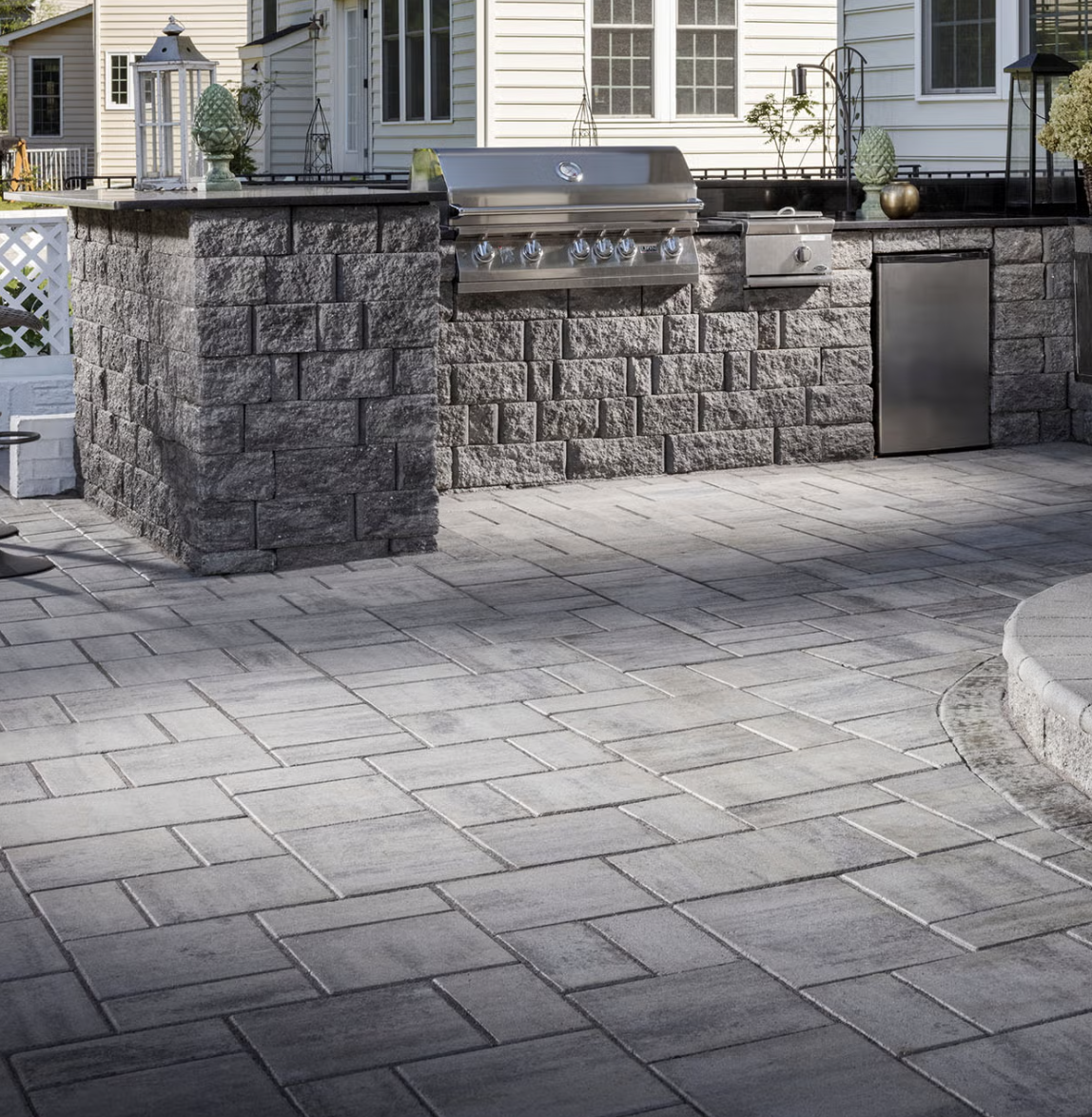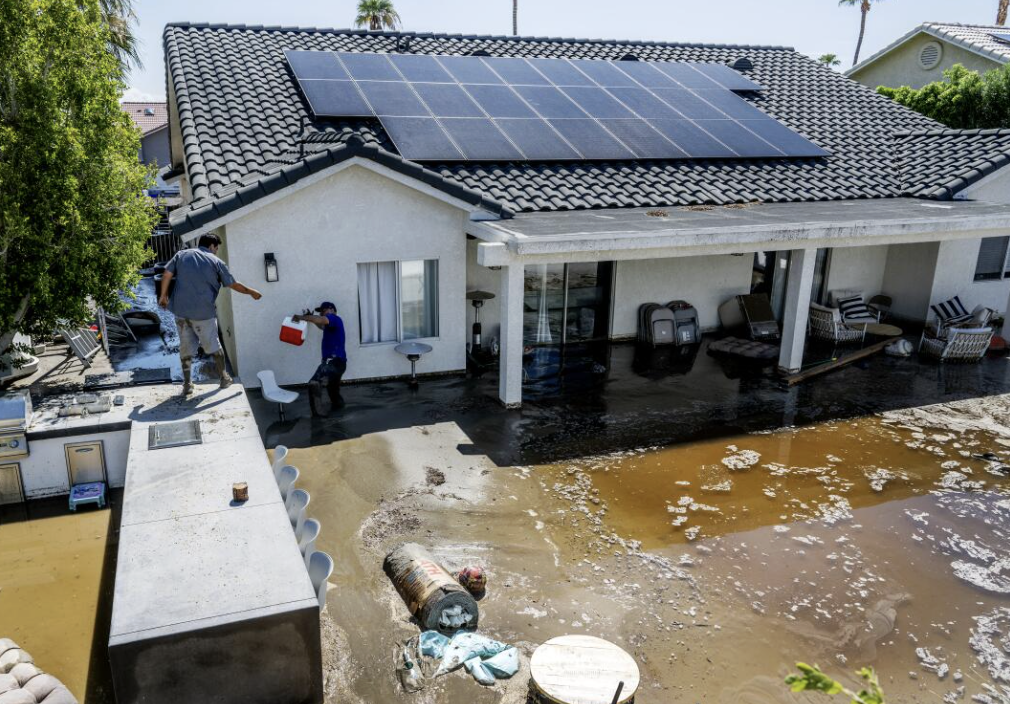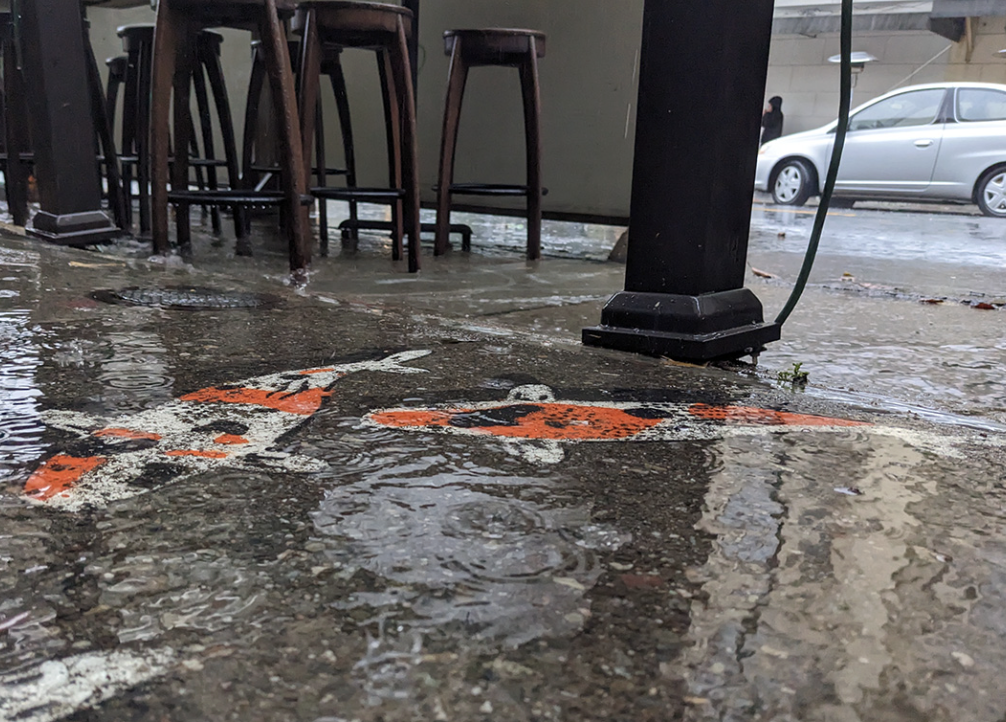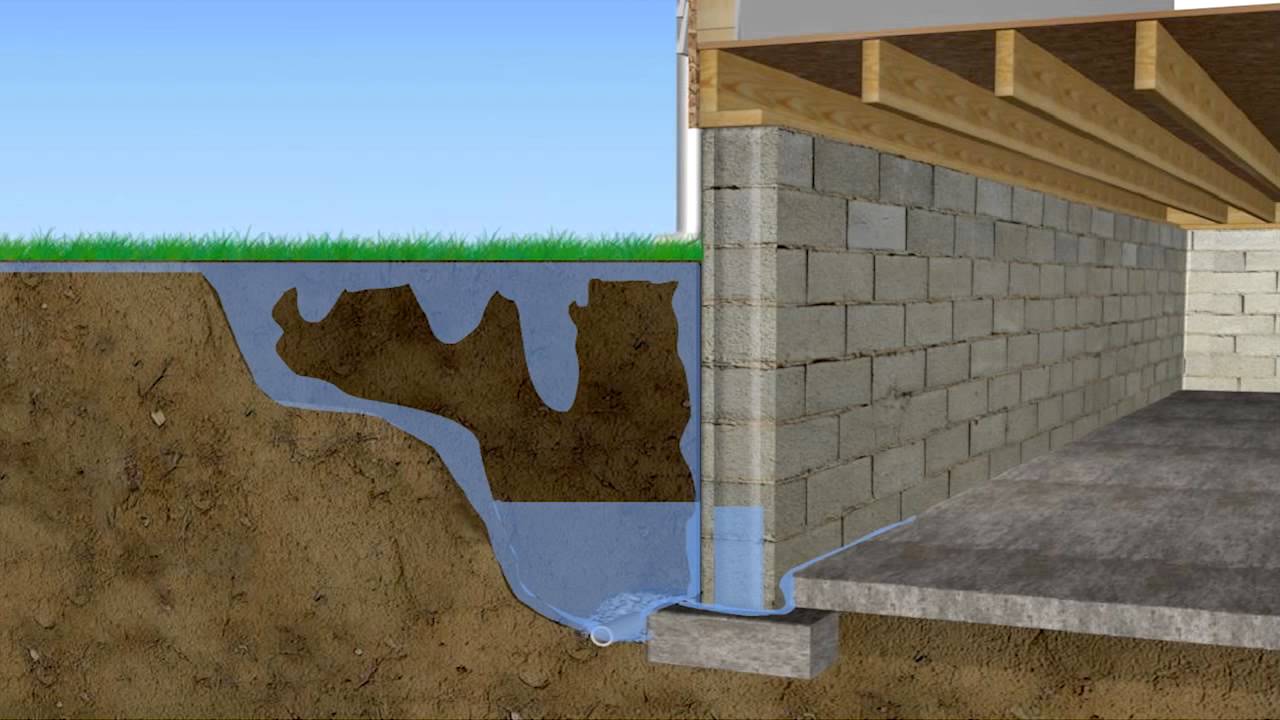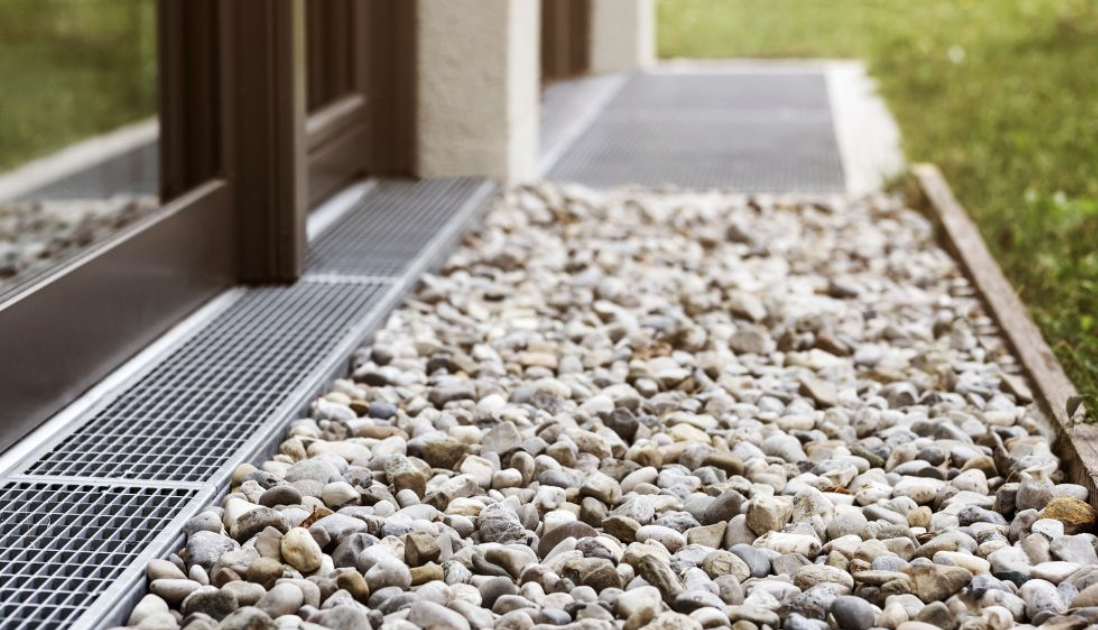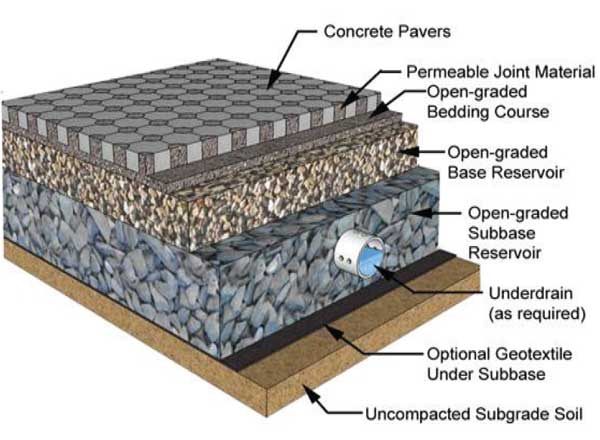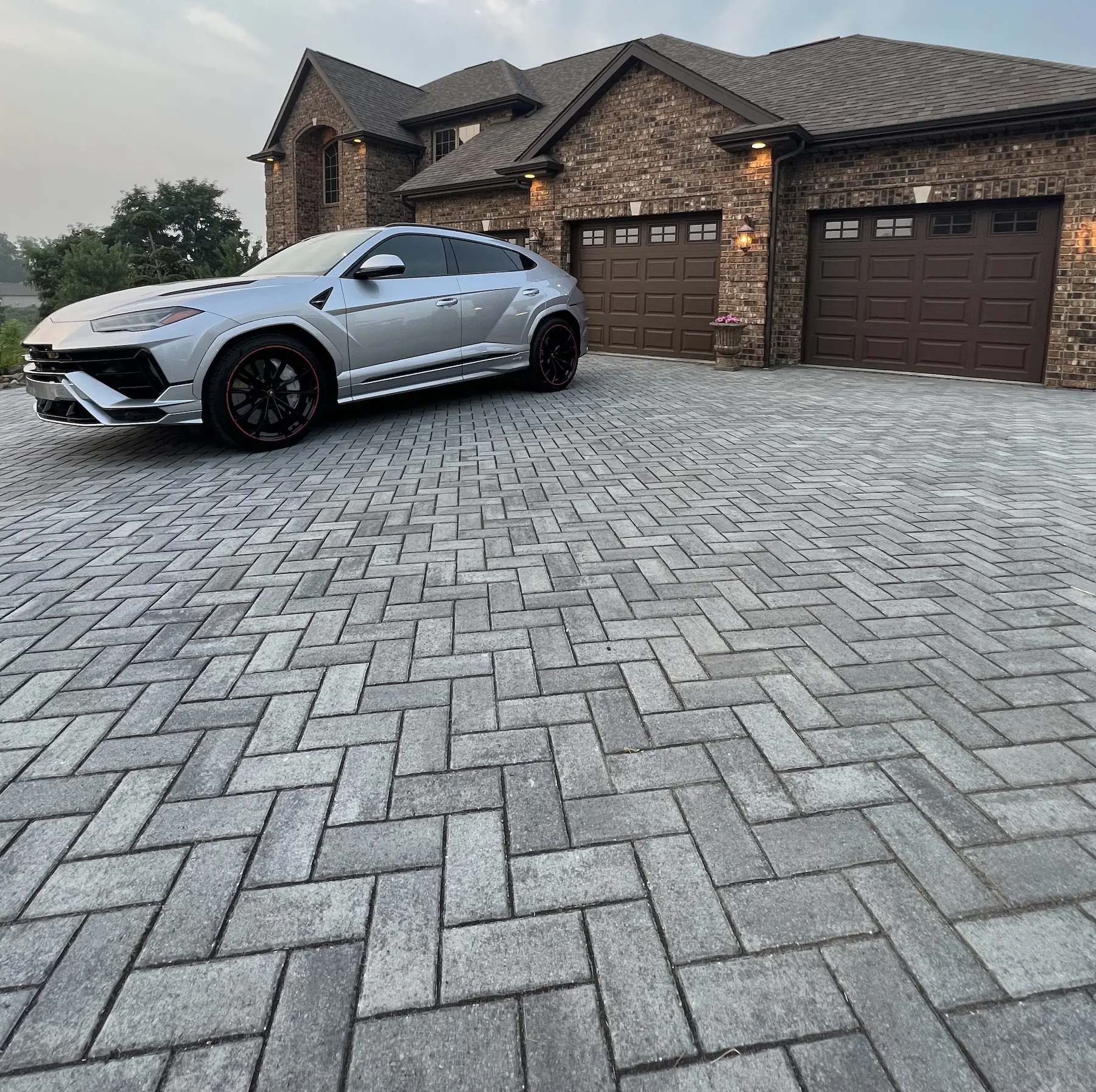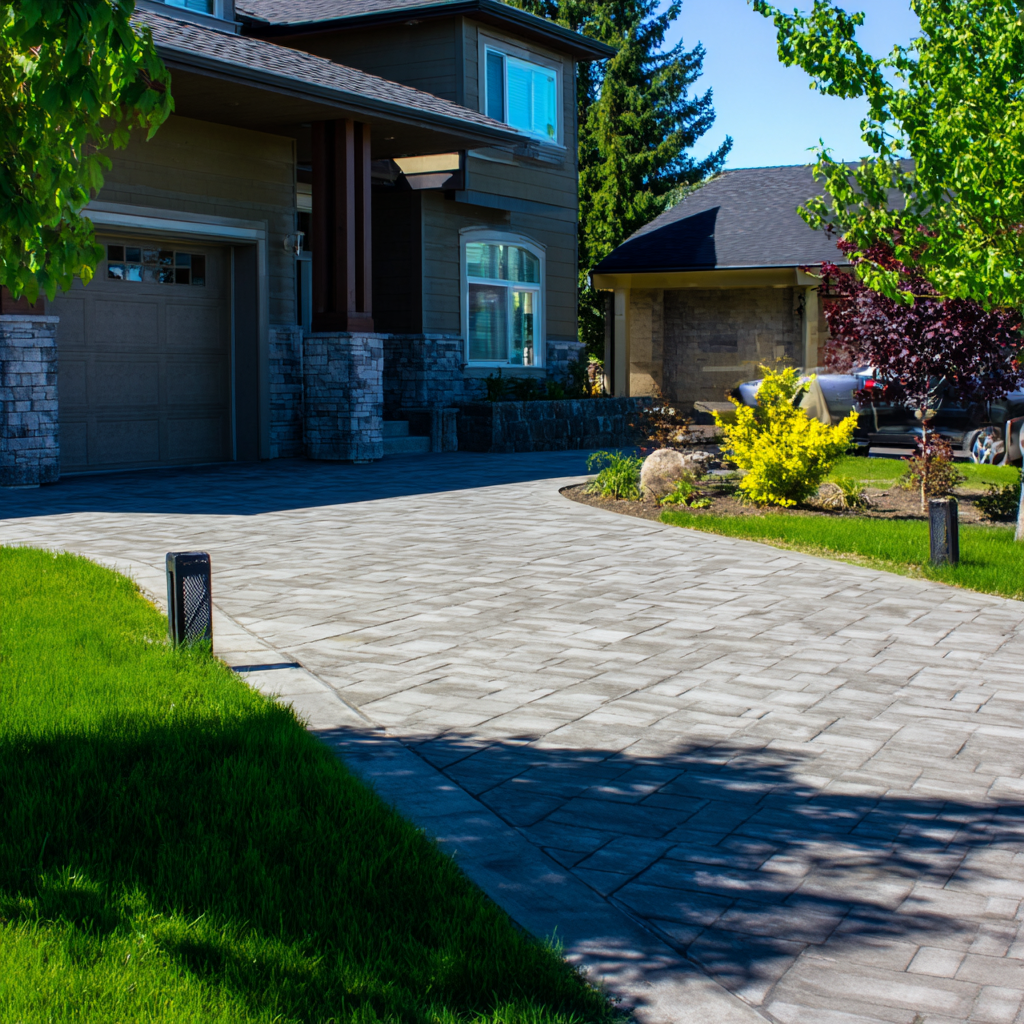
Table of Contents
Introduction
Turfstone driveways provide a sustainable and eco-friendly alternative to traditional asphalt, allowing for better water drainage and reduced heat absorption. As homeowners increasingly prioritize environmental consciousness in their landscaping choices, Turfstone driveways have emerged as a popular option. This article delves into the many benefits of Turfstone driveways, exploring their functionality, aesthetics, and long-term impact on the environment.
What is Turfstone?
Turfstone is a type of permeable paving system that allows grass to grow through the surface, creating a unique blend of natural aesthetics and practical functionality. Made from durable materials such as concrete, Turfstone is designed to support vehicular traffic while promoting drainage and reducing runoff. As a sustainable landscaping solution, it offers numerous advantages over traditional asphalt or concrete driveways.
Common Question: What materials are used in Turfstone?
Turfstone driveways are typically constructed from concrete or porous asphalt, designed to withstand heavy loads while allowing grass or vegetation to grow within the grid pattern.
Sustainability and Environmental Benefits
The sustainability of Turfstone driveways is one of their most compelling benefits. Unlike traditional asphalt, which contributes to urban heat islands and stormwater runoff, Turfstone helps to mitigate these issues.
- Reduction in Urban Heat Islands: Turfstone driveways absorb less heat compared to asphalt, which can become extremely hot in the sun. This reduction in heat absorption helps lower surrounding temperatures, contributing to a cooler environment.
- Stormwater Management: By allowing rainwater to permeate through the surface, Turfstone driveways reduce stormwater runoff, which can overwhelm drainage systems and lead to flooding. This permeability helps recharge groundwater supplies and minimizes erosion.
- Support for Biodiversity: The grass or vegetation that grows through Turfstone provides habitat for local wildlife, promoting biodiversity in urban settings.
Common Question: How does Turfstone contribute to sustainability?
Turfstone contributes to sustainability by reducing heat absorption, managing stormwater effectively, and supporting urban biodiversity through its permeable design.
Improved Water Drainage
One of the standout features of Turfstone driveways is their ability to manage water effectively. The permeable design allows water to flow through the surface, reducing pooling and flooding.
- Prevention of Water Pooling: With traditional driveways, water often pools on the surface, leading to potential damage and safety hazards. Turfstone’s design prevents this by allowing water to drain directly into the ground.
- Groundwater Recharge: The water that permeates through Turfstone contributes to groundwater recharge, ensuring that local aquifers are replenished and reducing the need for irrigation.
- Improved Soil Health: By promoting natural drainage, Turfstone driveways help maintain soil health, preventing compaction and allowing for better root growth in surrounding vegetation.
Common Question: How does Turfstone enhance water drainage?
Turfstone enhances water drainage by allowing rainwater to permeate through its surface, preventing pooling and promoting groundwater recharge.
Reduced Heat Absorption
The heat absorption properties of traditional asphalt can lead to uncomfortable outdoor environments during the summer months. Turfstone driveways mitigate this issue significantly.
- Lower Surface Temperatures: Turfstone surfaces remain cooler than asphalt, providing a more comfortable environment for outdoor activities.
- Energy Efficiency: By reducing heat absorption, Turfstone can contribute to lower energy costs for nearby buildings, as less air conditioning is needed to maintain comfortable indoor temperatures.
- Enhanced Comfort for Outdoor Spaces: Cooler surfaces make outdoor areas more enjoyable for gatherings, gardening, and recreational activities.
Common Question: How much cooler are Turfstone driveways compared to asphalt?
Turfstone driveways can be significantly cooler than asphalt, often maintaining surface temperatures that are 20-30 degrees Fahrenheit lower on sunny days.
Cost-Benefit Analysis
When considering the installation of a Turfstone driveway, it’s essential to weigh the initial costs against the long-term benefits. Below is a comparative analysis.
| Aspect | Turfstone Driveway | Traditional Asphalt Driveway |
|---|---|---|
| Initial Cost | Moderate to High | Low to Moderate |
| Lifespan | 25-30 years | 15-20 years |
| Maintenance | Low | Moderate to High |
| Environmental Impact | Low | High |
| Heat Absorption | Low | High |
Common Question: Are Turfstone driveways more expensive to install?
While the initial installation cost of Turfstone driveways may be higher than traditional asphalt, their longevity and low maintenance requirements can make them a more cost-effective option in the long run.
Aesthetic Appeal and Design Flexibility
Apart from their functional benefits, Turfstone driveways offer significant aesthetic advantages, allowing homeowners to create beautiful and unique outdoor spaces.
- Natural Look: The grass that grows through the Turfstone provides a natural appearance, blending seamlessly with the landscape and enhancing curb appeal.
- Versatile Design Options: Turfstone can be customized in various patterns and colors, allowing homeowners to design a driveway that complements their home’s architecture.
- Increased Property Value: A well-designed Turfstone driveway can increase the overall value of a property by enhancing its aesthetic appeal and demonstrating a commitment to sustainability.
Common Question: Can I customize the design of my Turfstone driveway?
Yes, Turfstone driveways can be customized in various designs and colors, allowing homeowners to create a unique look that complements their property.
Case Studies and Examples
Numerous homeowners and businesses have successfully implemented Turfstone driveways, leading to significant benefits. Here are a couple of notable examples:
Case Study 1: Residential Project
A homeowner in a suburban area replaced their traditional asphalt driveway with a Turfstone driveway. The results included reduced flooding in their yard during heavy rains, lower surface temperatures, and a visually appealing landscape that integrated well with their garden.
Case Study 2: Commercial Installation
A local business opted for a Turfstone driveway to enhance their storefront. The decision resulted in increased foot traffic due to the inviting appearance and a reduction in heat around the building, leading to lower air conditioning costs.
Frequently Asked Questions
What is the lifespan of a Turfstone driveway?
A Turfstone driveway can last between 25 to 30 years with proper maintenance, significantly longer than traditional asphalt driveways.
How do I maintain a Turfstone driveway?
Maintenance involves regular mowing of the grass, occasional weeding, and ensuring proper drainage is maintained. With low maintenance needs, Turfstone driveways are easy to care for.
Can I install a Turfstone driveway myself?
While DIY installation is possible, it is recommended to hire professionals to ensure proper drainage and structural integrity.
Conclusion
In summary, the benefits of Turfstone driveways extend beyond aesthetics, offering significant environmental advantages and practical functionality. By choosing Turfstone, homeowners can enjoy a sustainable, visually appealing, and durable driveway that enhances their property while contributing positively to the environment. Embracing the benefits of Turfstone driveways is not just a choice for today; it’s an investment in a sustainable future.
Key Takeaways
- Turfstone driveways are a sustainable alternative to traditional asphalt, offering numerous environmental benefits.
- They improve water drainage, reduce heat absorption, and enhance aesthetic appeal.
- While the initial costs may be higher, their longevity and low maintenance make them a cost-effective choice in the long run.
- Customization options allow for unique designs that can increase property value.
By [Your Name], Landscaping Expert


 Schedule Design Consultation
Schedule Design Consultation.png)
